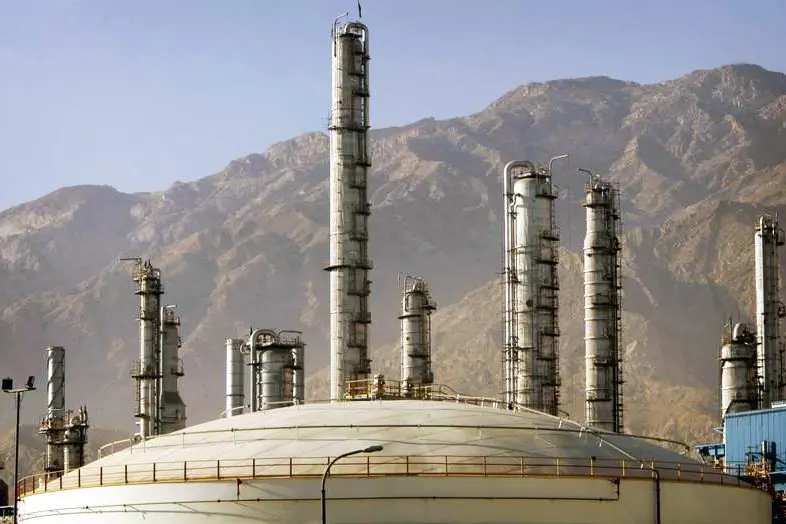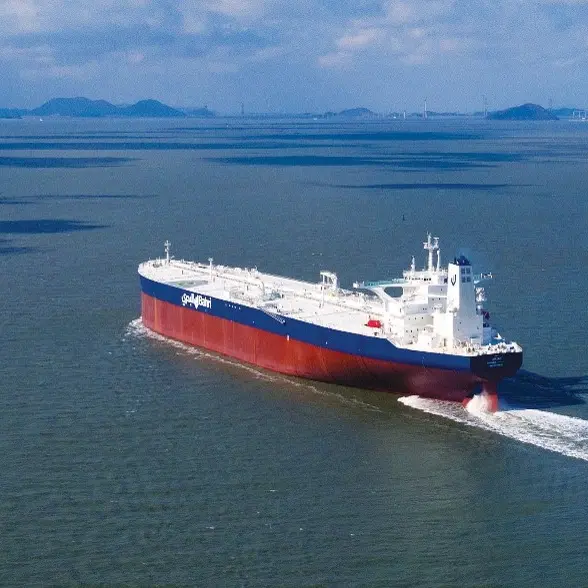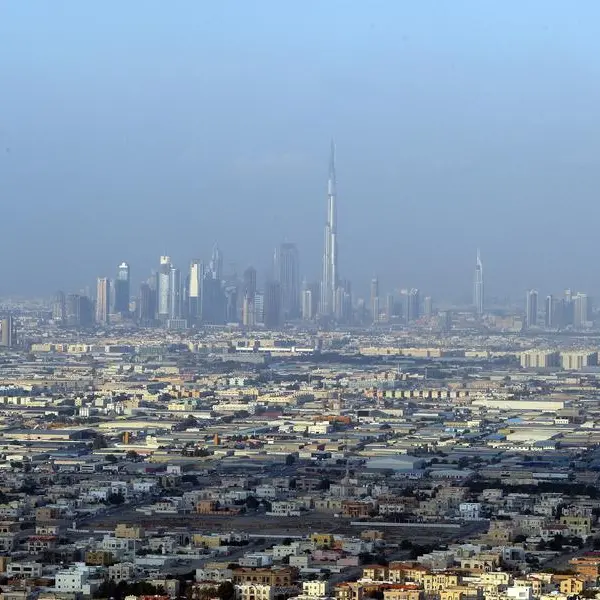PHOTO
Falling demand and rising competition for feedstock, alongside a national push to bring the price of raw materials closer to market rates, are combining to put pressure on Saudi Arabia's petrochemicals industry.
The price of petrochemicals dropped to a five-year low at the beginning of 2015 on the back of easing demand across several key markets. The operating environment is expected to remain challenging in the coming months, with little to indicate a significant pick-up in global economic activity, although forecasts of growth in Asian markets suggest a more positive outlook for producers' longer term.
Capacity boostDespite a cooling market, the industry will be bolstered by several new, large-scale facilities this year. For example, the Saudi Arabia Fertilisers Company (SAFCO) is due to start production in June at its new urea plant, adding 1.1m tonnes to the firm's annual output.
In a separate development, the $20bn Sadara Chemical Company plant is also set to commence production this year. The facility, which is being rolled out by Saudi Aramco and Dow Chemical at Jubail, will have the capacity to produce 3m tonnes of ethylene and polyethylene once fully operational. Its output is to be used as the base input for expanded downstream petrochemicals production. Plans to configure the Sadara facility to use both naphtha and ethane as feedstock mean the project will be in a position to benefit from lower oil prices.
Looking EastMixed feed crackers will give Sadara Chemical Company a price advantage over its rivals when the new facility comes on-line, while also better equipping the firm to adapt to changes in the market, according to Ziad Al Labban, the company's CEO. The plant, which is expected to be fully operational in 2017, will also be well placed to expand into growing markets, Al Labban told OBG.
"Saudi Arabia is...next to the high growth markets of Africa and Asia," he said. "With less than 3% of petrochemicals in the GCC being specialty products, there is a great opportunity for expansion."
When it comes to sustaining demand and growth, it is to Asia that Saudi Arabia's petrochemicals producers are looking, according to Mutlaq Al Morished, CEO of the National Industrialisation Company (Tasnee).
Al Morished is confident that the Kingdom's long-term focus on Asia will pay dividends, despite some short-term weakness in demand. "There will be lower prices for petrochemical goods until economic activity picks up in Asia," he told OBG. "However, we expect to see good long-term growth due to macro trends such as population growth and urbanisation."
Demand from rapidly expanding markets, such as Vietnam and Indonesia, alongside steady sales to established Asian centres, should help Saudi Arabia's petrochemicals industry to strengthen its position, while waiting for the global economic rebound to build.
Challenging timesOverseas petrochemicals sales currently account for around 7% of Saudi Arabia's exports and some 60% of non-oil exports. Despite this prominent economic role, most Saudi petrochemicals firms fell short of analysts' profit forecasts for Q1 according to media reports, with combined results coming in 2% lower than expectations.
According to industry participants, increasing domestic demand for natural gas supplies from industry and utilities could hinder expansion in the petrochemicals segment. As gas allocations become limited, this may impact the overall execution of projects where intensive energy consumption is necessary.
While analysts see present levels of gas supply meeting industry needs, rising demand from the utilities sector for the production of water and electricity could result in restrictions on how much gas is made available to petrochemicals firms. Any shortfall could be made up through the use of oil-based feedstock, though this would mean diverting oil production capacity away from the export market.
The industry will also have to factor in increases in feed stock prices, with the state looking to lift the cost of gas to nearer market rates. While such a move will benefit state finances, any increases are set to partly erode the price advantage currently enjoyed by many Saudi petrochemicals firms. Some industry experts suggest that oil should be used more extensively in electricity production, freeing up gas for the petrochemicals sector, and paving the way for the Kingdom to expand its industrial base.
Concern is also mounting that lower oil prices could prompt the government to scale back on spending, pushing down demand for petrochemicals products in the domestic market. Depressed oil prices are leaving many people in the business community worried about future demand with the potential for lower government spending as revenues decrease.
© Oxford Business Group 2015





















